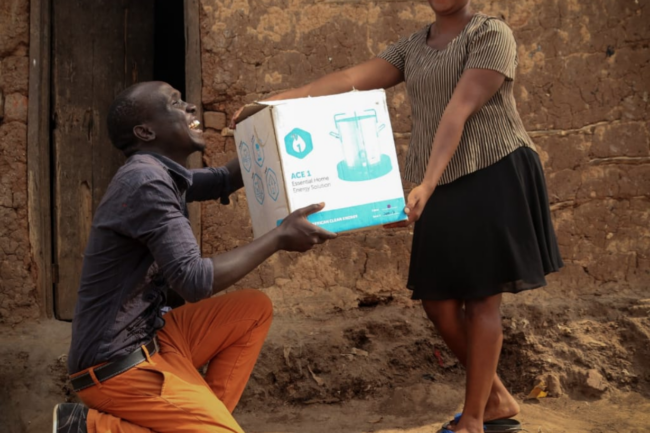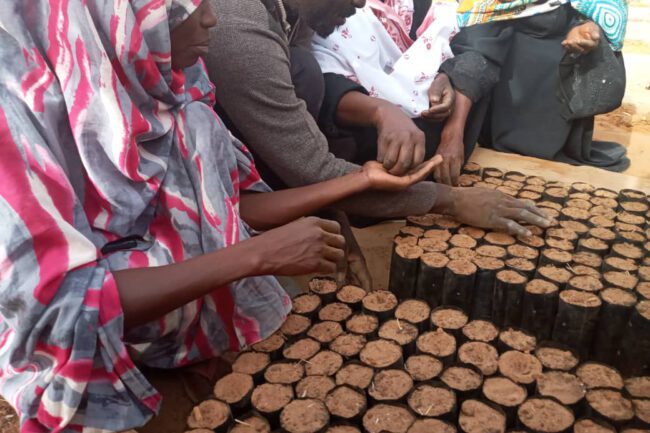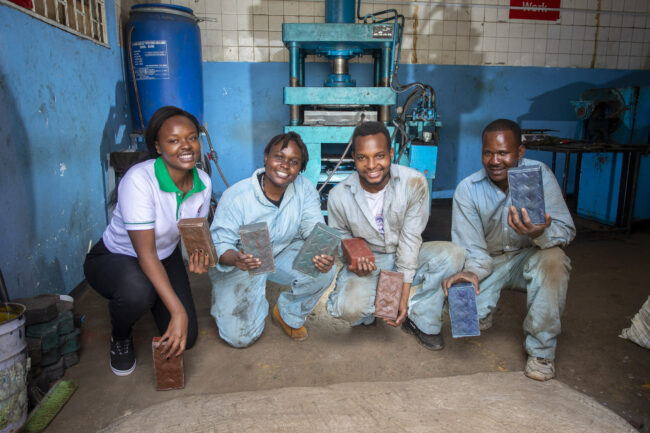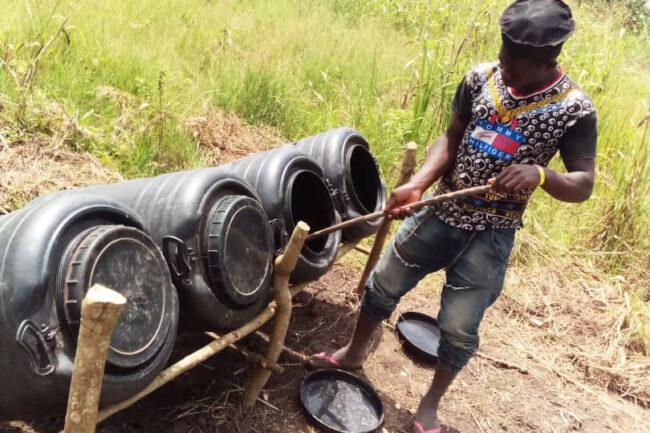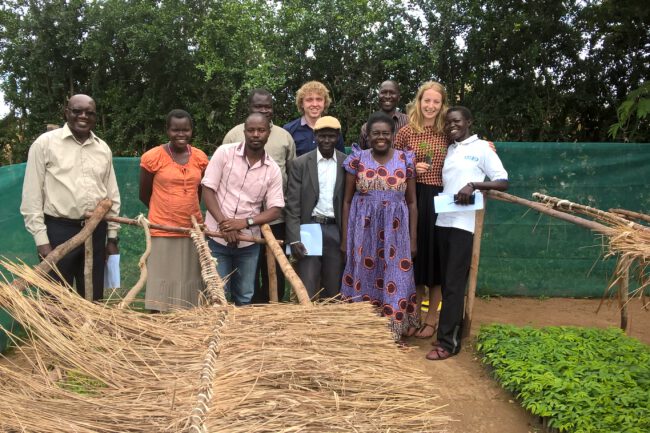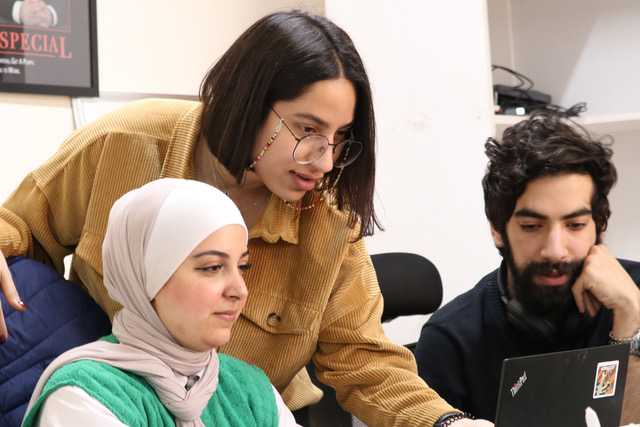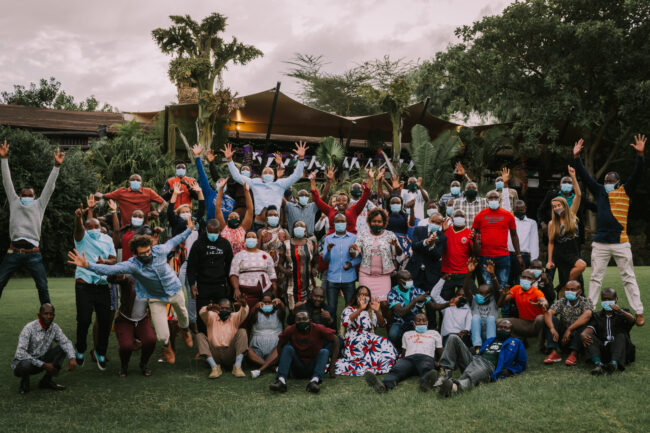Future of Work: Green Jobs
The world of work is changing. Climate change and urbanization will drastically impact future generations. These global challenges will both be threats and opportunities for young people. Digitalisation and globalisation have sparked radical shifts in how we live and work. The COVID-19 pandemic has catalysed these trends even further by spurring the fourth industrial revolution. It has increased the need for restructuring the world of work. In this revolution, almost all jobs will change. The ‘Green Economy’ is emerging as a potential solution to the rising challenges of climate change, poverty alleviation, and inequality reduction. It enables countries to generate an inclusive economic transformation, one by which decency becomes a central feature of job creation. This transition requires investments in renewable energy and more sustainable production processes, but that requires not only large-scale investments and capital allocation, but labour, and green jobs are essential to making the transition work.
Green Jobs
The ‘greening’ of economies is understood as a process through which resources are reallocated from unsustainable production systems to sustainable and regenerative ones. Human well-being and stability are an inherent part of its process.
This transformation is anticipated to create new ‘green jobs’, and for this reason, it is widely heralded as a solution to the youth employment crisis.
However, not every job created by this transformation will be ‘decent’ and as such, a distinction must be made between decent jobs and green jobs. A job is considered green and decent if it:
- Contributes substantially to protecting or restoring ecosystems and biodiversity
- Reduces resource consumption and inefficiency
- De-carbonizes the economy
- Minimizes or altogether eliminates all forms of waste and pollution
- Encourages and supports people’s well-being
Planned Impact
Publications
Keep up to date with relevant articles and resources highlighting the importance of Green Jobs for the future of work.
Shorlist’s Forecasting Green Jobs in Africa Report
In this report, our Kenyan IP, Shortlist, in collaboration with BCG and FSDAfrica, present the first pan-African forecast for near-term direct job creation in select green sectors, aimed at educators, training institutions, staffing firms, and policymakers. It serves as a foundation for further research on labour demand across different sectors, regions, and timeframes, highlighting the critical role of human capital in green economic growth and the need to address demanded skills and potential mismatches.
Our Portfolio in the Green Sector
See how some of our Implementing Partners are using this knowledge to implement a green transformation in the working world.
African Clean Energy (ACE) is a social enterprise tailored to off-grid communities in developing countries. The ACE One grants residential access to clean cooking and basic electricity through an affordable microlending scheme. The emphasis on thermal energy within the program helps combat societal issues.
Cherubet integrates elements of a private sector processor, a social enterprise, and a research organization to devise jobs for women and youth within its value chain. By equipping young workers with the technical skills needed to operate the agricultural machinery they safeguard future working opportunities.
Fair Agro Food develops agri-centers for Sudanese youth to grow tree seedlings and vegetables while providing agroforestry knowledge, services, and inputs. Farmers will obtain thorough training through the digital agri-coach. This business model aims to modernize work processes and offer financial independence.
Habitat for Humanity is steering sustainable development in the construction sector in Kenya. Building meaningful engagement with women and youth through a regenerative and proficient labour market. By creating green job opportunities, this scheme will encourage growth in Kenya’s economic development.
Marula Creative Consultancy (MCC) uses the power of youth experience and storytelling to create positive change in society. As a social enterprise, MCC fuels its services through the innovation of young people. By 2025 Uganda’s organic waste will be regenerated to become animal feed and organic fertilizer.
As a certified B-Corp company, Mr. Green Africa (MGA) delivers a sustainable and enduring vision of how to achieve a positive social, environmental and economic impact. By collecting, adapting and trading post-consumer plastic waste, MGA offers a greener, more formalised value chain to drive its sustainable solution.
Woord en Daad aims to tackle the negative repercussions of poverty by sustainably addressing societal and environmental norms. Trees x Bees facilitates youth employment in rural Uganda through ‘beekeeping-as-a-business’. Our ‘future-proof’ solution fulfills decent green (self-)employment for women.
Mehnati bridges the employment gap in Jordan by providing e-learning seminars, creating work profiles to share with employers, and overseeing apprenticeships. Through its portal, Mehnati uses the combined strengths of the private sector, global multinationals, and local partnerships to facilitate sustainable and decent work.
Sanivation’s treatment plants optimize the potential of organic waste and convert it into biomass fuel, in cooperation with local governments. The project instigates a circular economy approach by incorporating employees who had worked in the informal job sector and integrating them into every stage of their value chain.
As an agro-processor, Meru Greens Horticulture (MG) helps market and develop fresh produce so smallholder farmers can compete in both domestic and export markets. MG separates the pre-processing from Nairobi to rural locations and facilitates learning and training sessions while improving decent working conditions to contribute to the growth of a green economy.

